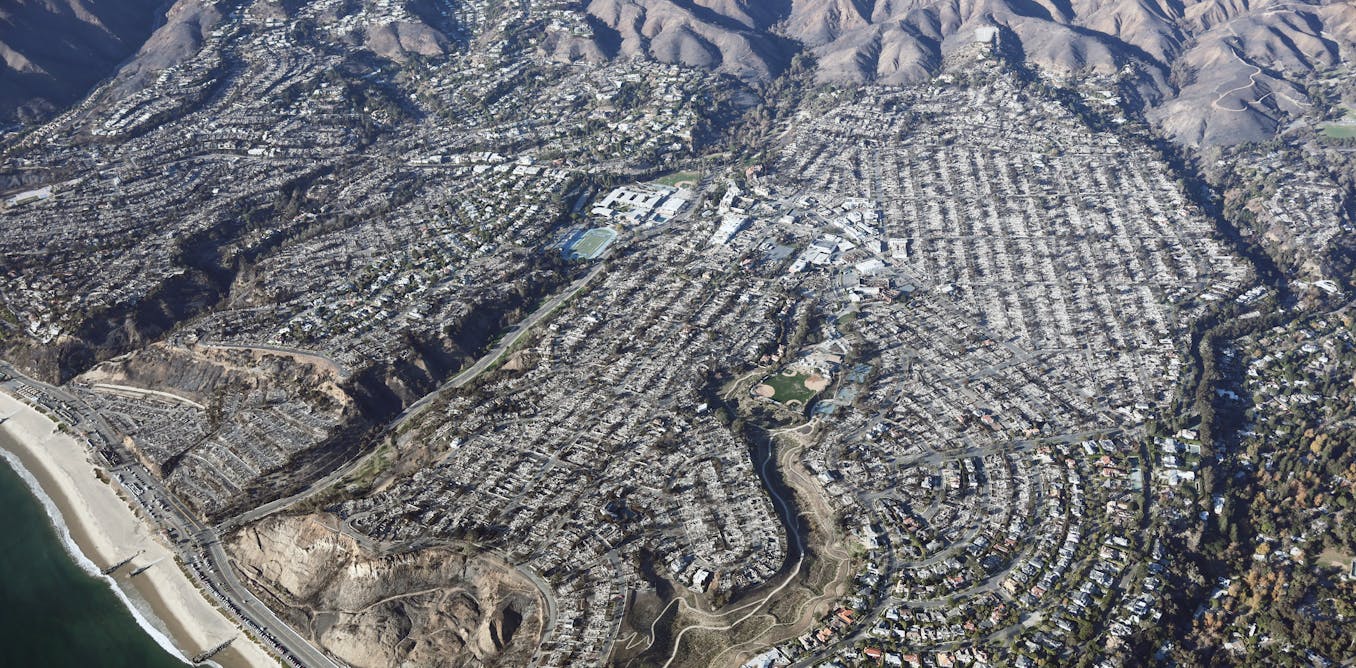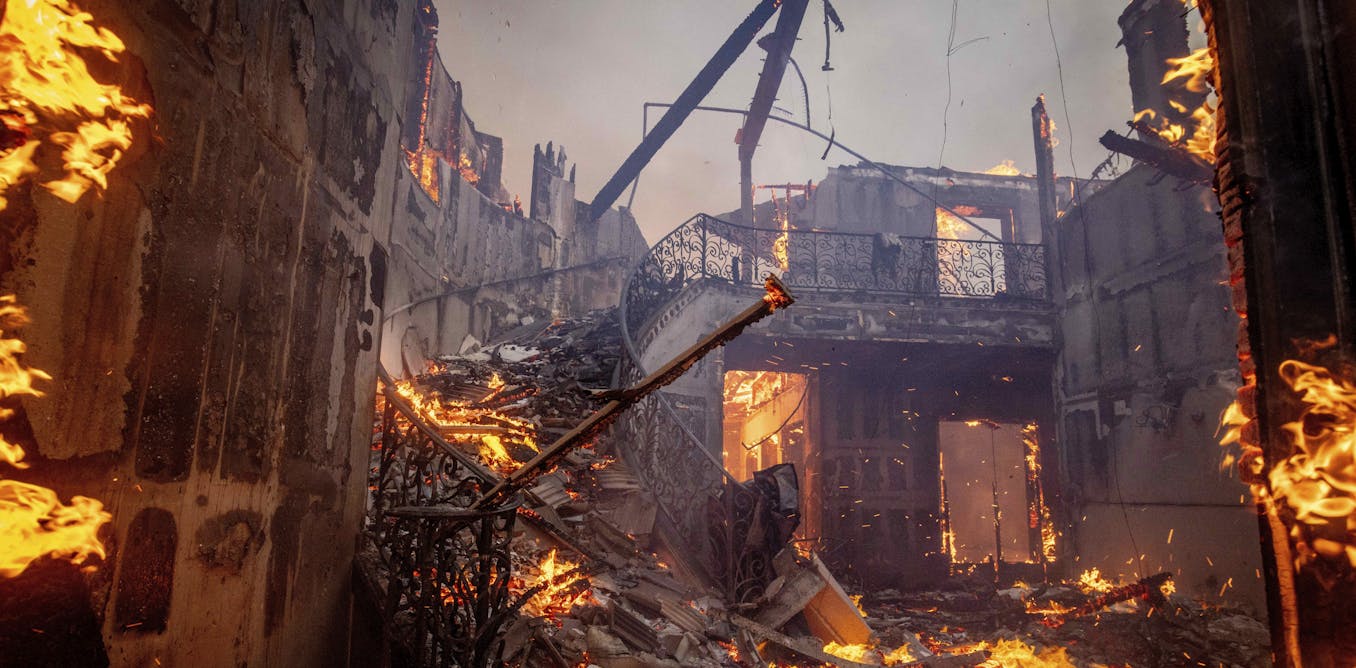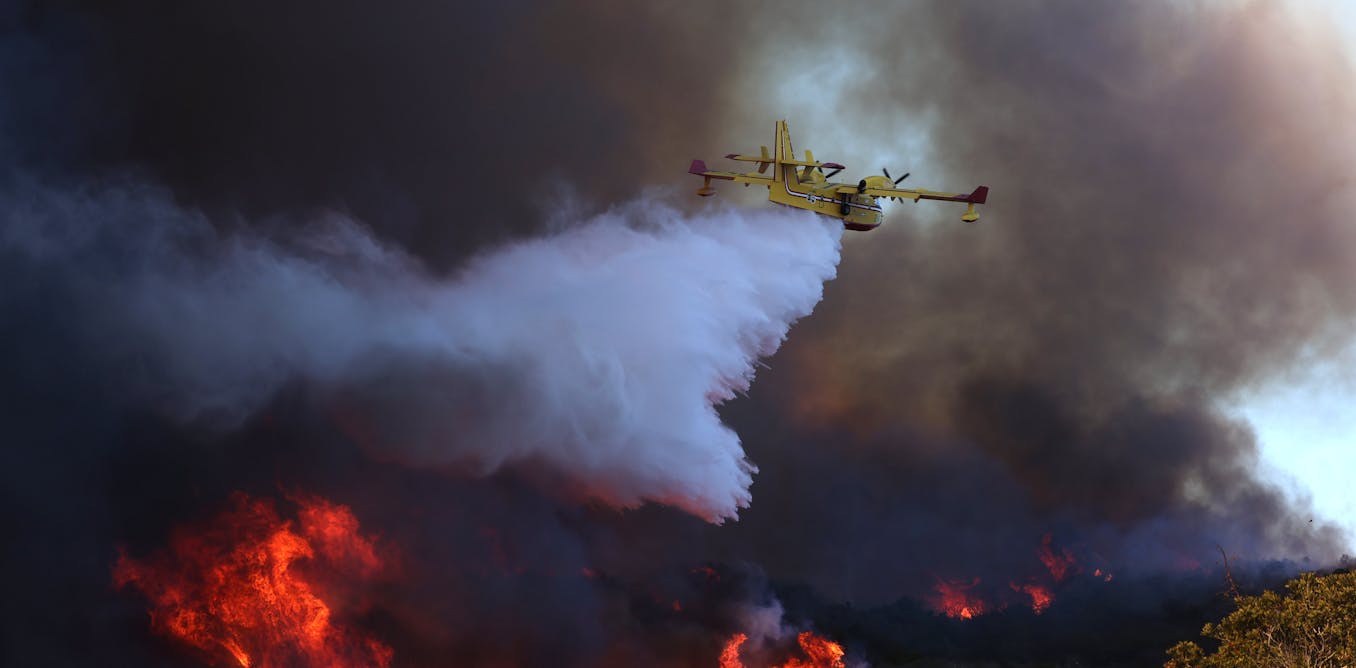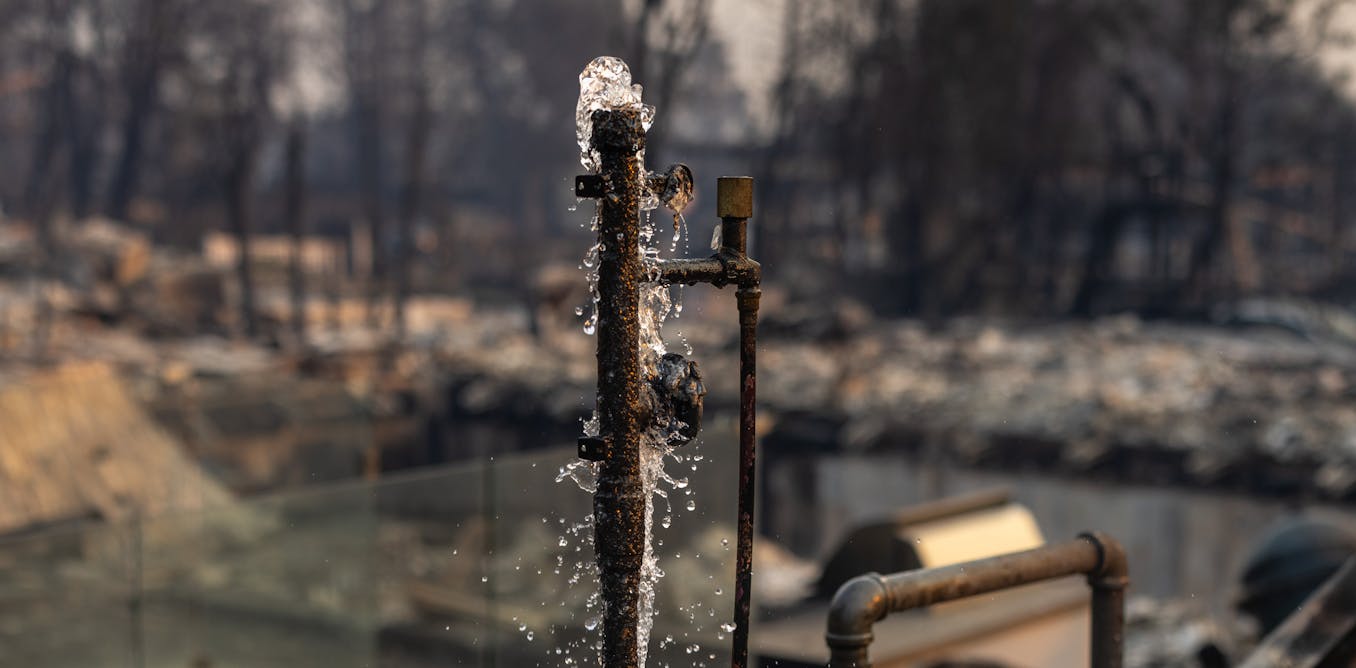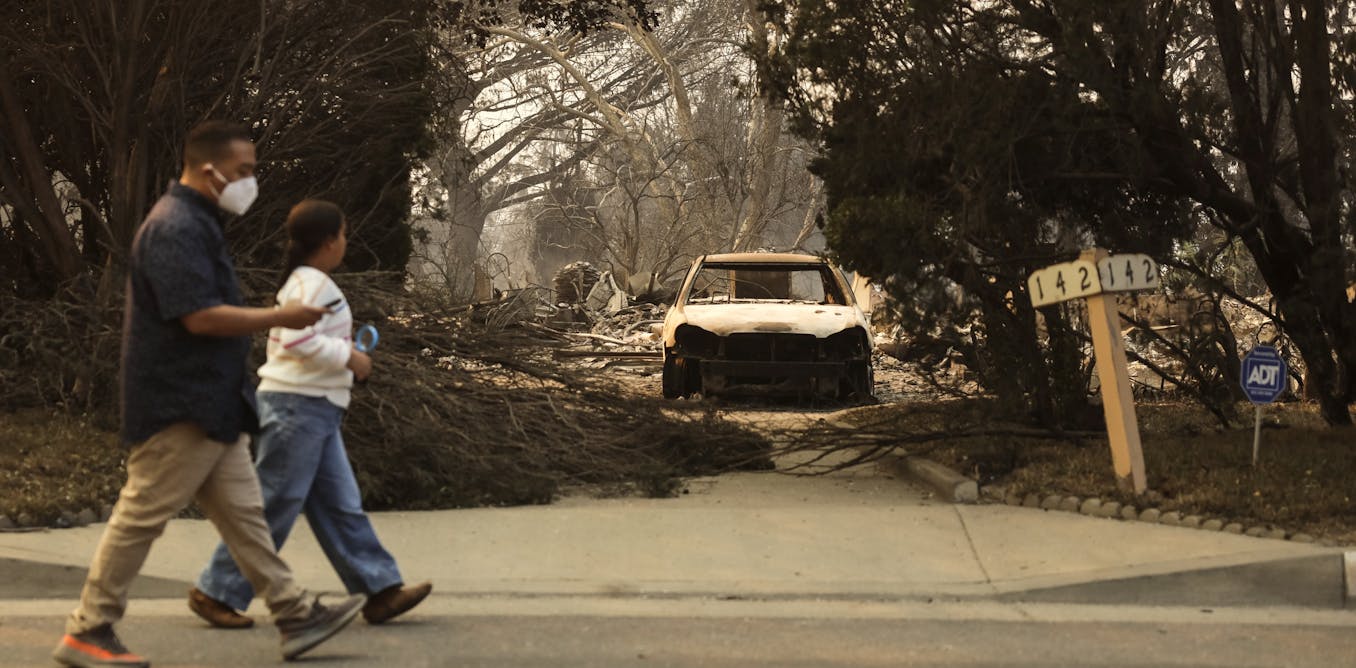LA fires: Health impact of long-term exposure to wildfire smoke is poorly understood − and a growing risk
Human bodies aren’t prepared for the toxic chemicals in smoke, and the effects can be harmful in the short term and long term.
Jan. 15, 2025 • ~6 min


